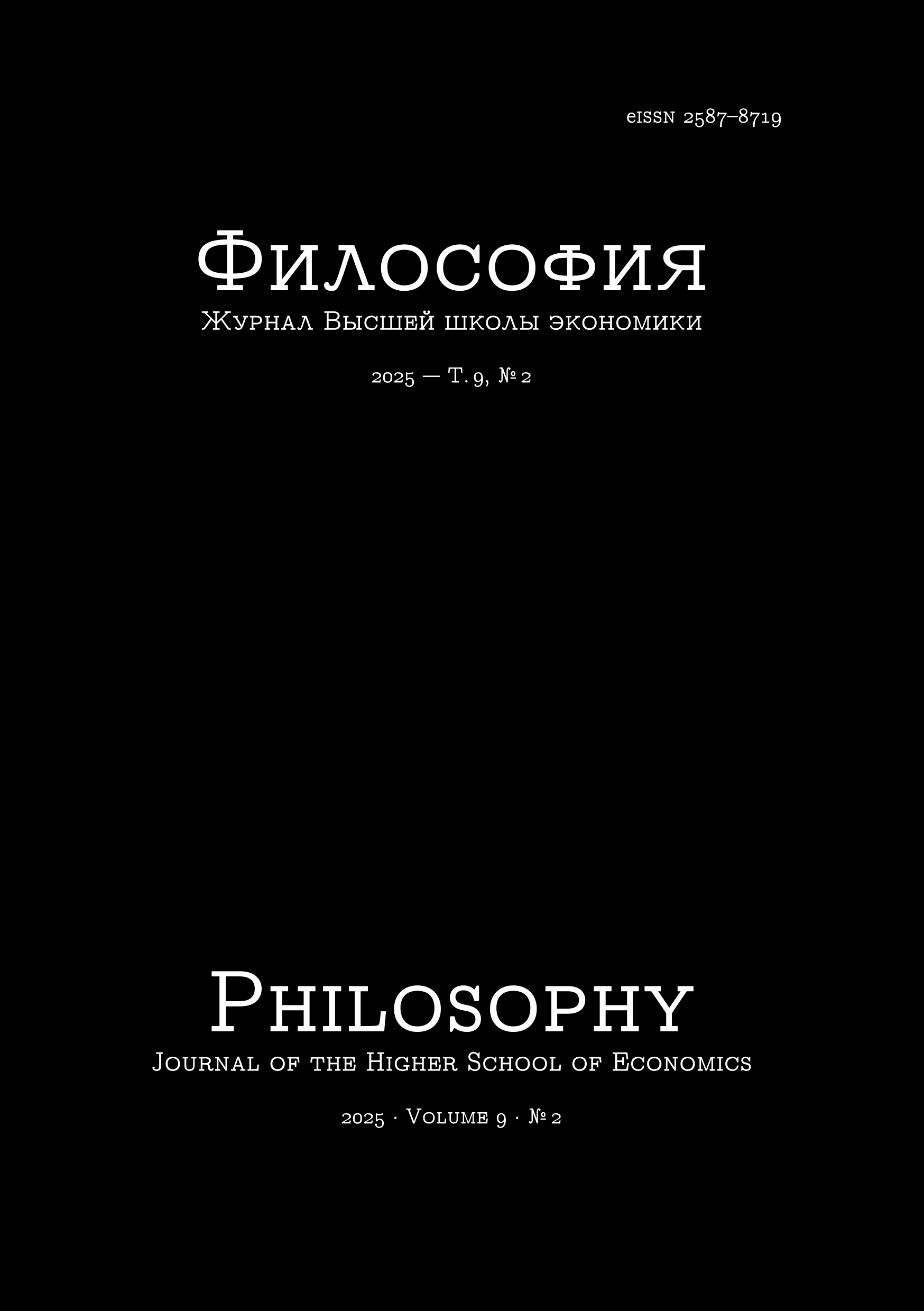Purity and Decisiveness
On the Extralegal Bases of Hans Kelsen's Philosophy of Law
Abstract
The article is devoted to the polemic between Hans Kelsen and Carl Schmitt in the aspect of political theology. It is based on Kelsen's 1922 text “God and the State”, which reproduces the basic logic of Carl Schmitt's political-theological argument, but with directly opposite conclusions. Based on this work, an attempt was made to expand the methodological apparatus of political theology to integrate different elements of sociology of religion, psychoanalysis, and anarchist theory. An additional resource was Mikhail Bakunin's work of the same name, published in 1882. The figure of the Russian anarchist served as one of the sources of inspiration and polemical repulsion in Schmitt's early classical works. We explore the possibility of the intersection of Bakunin's and Kelsen's theses based on the works of the same name, identify the structural similarities of the argumentation and show the main differences. We further undertake a brief reconstruction of the main ideas of the pure doctrine of law with reference to the reconstruction of Kelsen's (possible) political-theological argument. In this way, we discover an insufficiently studied side of legal positivism and normativism. After analyzing Kelsen's main theses, we wonder about the hidden presence of elements of the sociology of religion in his theory. The result of the article is a demonstration of the relevance of a political-theological approach to the study of the debate between decizionism and normativism. With the help of the sociology of legal concepts and the sociology of religion, the non-obvious meanings of the concept of “purity” in the teachings of Hans Kelsen were revealed. The reconstruction is aimed at reinterpreting the inclusion of normativism in the political and theological discussion, with an emphasis on previously unrecognized aspects of this topic, as well as posing original research questions.
Downloads
Copyright (c) 2025 Philosophy Journal of the Higher School of Economics

This work is licensed under a Creative Commons Attribution-NonCommercial 4.0 International License.






